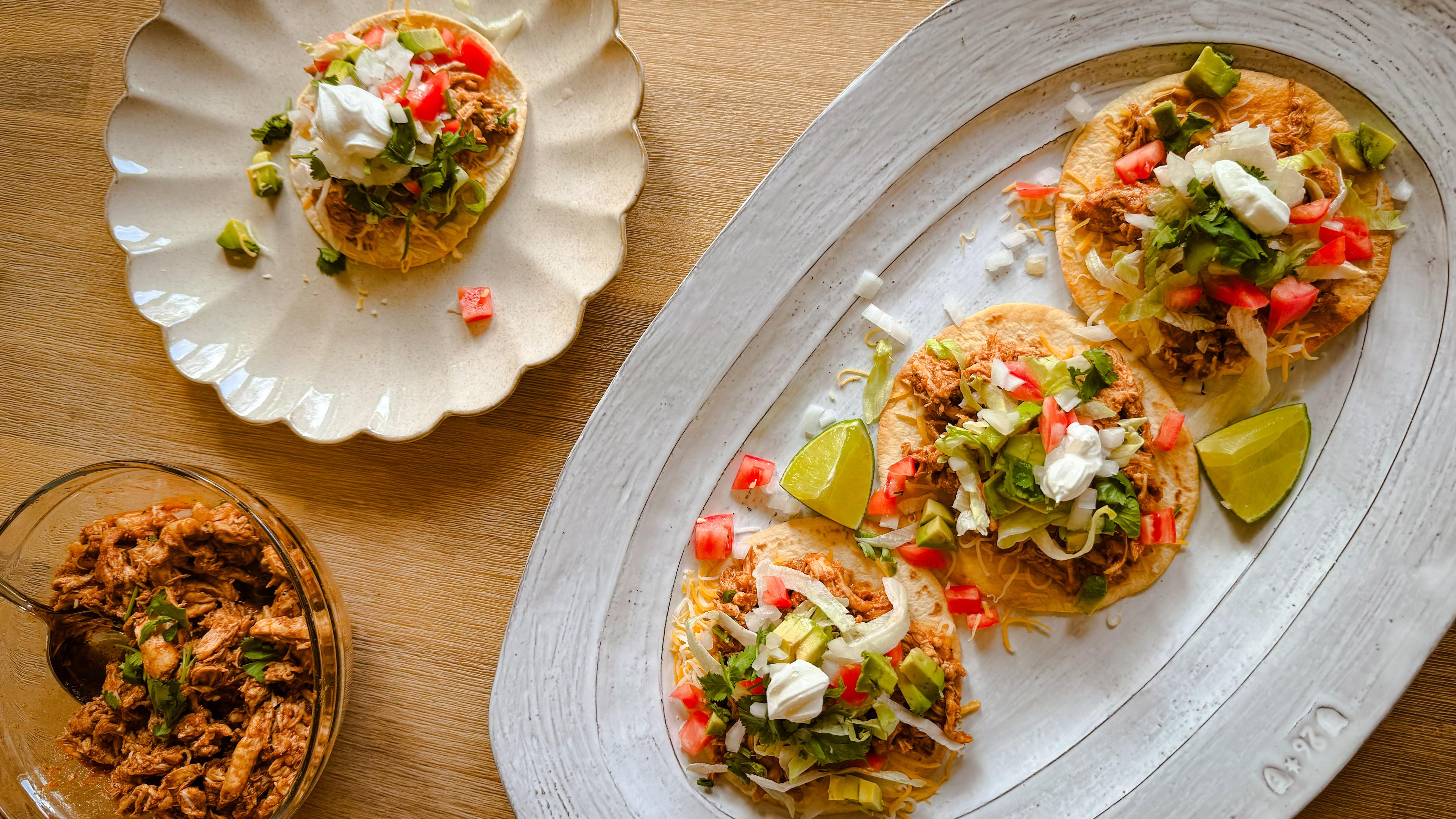How Food Can Impact Mental Health

Shanthi Appelo, MS, RD
| 4 min read

By Shanthi Appelö, registered dietitian and health and wellness spokesperson at Blue Cross Blue Shield of Michigan
More than 20 million Americans, which is more than 8% of American adults, have dealt with at least one major depressive episode. There are connections between diet and mental health. The relationship between diet and mental health can be bidirectional, meaning each affects the other.
Eating a healthy and well-rounded diet can improve mental health and make mental health obstacles easier to deal with. On the other hand, a poor diet can be a catalyst for poor mental health and can make it more difficult to manage mental health struggles such as depression and anxiety, the most common mental health conditions. Together, mental health challenges and a poor diet can create a negative feedback loop that continues to negatively affect mental health.
Eating well can improve mental health
Diet directly affects not only mood, but also brain function, inflammation, energy levels and hormones, as well as overall physical health and risk of disease. High levels of ultra-processed foods and carbohydrates are linked to increased depression and anxiety. These foods have a high glycemic load, meaning they raise blood sugar more than foods with a lower glycemic load. Diets that include many foods with high glycemic loads are associated with increased risk of depression, psychological stress and anxiety. Conversely, increasing the consumption of fruits and vegetables is linked to improved mental health and well-being.
Chronic stress and inflammation also can increase the risk of depression and fatigue, adding to the risk of poor mental health from non-nutritious diets. Depression and anxiety have a negative effect on the immune system, making the body more susceptible to infection and diseases.
Taking care of gut health may affect mood. There is a two-way communication pathway between the brain and the gut through the vagus nerve. Additionally, about 95 percent of the body's serotonin, known as the "happiness neurotransmitter," is located in the gut. It is theorized that reducing the consumption of inflammatory foods such as ultra-processed foods and increasing the intake of gut-healthy foods like probiotic-rich yogurt and kimchi can help maintain a healthy gut, which in turn may influence mental health.
Poor mental health can make eating well difficult
Depression, anxiety and stress are among the leading causes of disability worldwide. Depression and poor mental health can increase fatigue, decrease motivation and make it difficult to function, lead to poor decisions regarding diet and loss of or increase in appetite.
If a diet is lacking the proper nutrients, it can lead to fatigue and a lack of energy. It can be easy to fall back on fast food, unhealthy snacks and ultra-processed foods due to their widespread availability and convenience. Those who struggle with their mental health may fall into patterns of eating the same few foods, losing the necessary nutrients in a well-rounded diet.
How to eat healthy when struggling with mental health
Fatigue and lack of motivation, for example, can make cooking healthy food feel like a struggle. It can also be easy to engage in negative self-talk regarding diet choices. Here are a few actionable ways to make diet changes that can improve mental health:
- Order nutritious takeout or grocery delivery. Convenience doesn’t have to be limited to ultra-processed snacks. When motivation is too low to cook a meal, lean on nutrient-dense choices for takeout or grocery delivery.
- Focus on water. Being well-hydrated can positively affect sleep quality and mood. Moreover, artificial sweeteners and sodas have been shown to increase the risk of depression.
- Eat with family and friends. Eating meals together is associated with reduced stress levels. Whether in person or virtual, social support can aid in alleviating mental health struggles.
- Keep a library of low-effort, nutritious recipes. Choosing what to eat and determining how much effort a meal takes to prepare can feel daunting during a depressive episode. Keeping a list of low-effort meals to resort to can help take the guesswork out. Consider adding protein smoothies with fruit and salad bags with an air fryer protein as 10-minute to this list.
- Stay in a routine with mealtimes. Staying consistent with a meal schedule can take the stress away from making a decision of when to eat. It can also help you stay nourished and prevent low blood sugar crashes that could exacerbate mental health symptoms.
- Keep healthy snacks handy. Chopping or slicing fruits and veggies and portioning them out ahead of time can make quick snack decisions easier.
Shanthi Appelö is a registered dietitian and health and wellness spokesperson at Blue Cross Blue Shield of Michigan. For more health tips and information, visit AHealthierMichigan.com.





